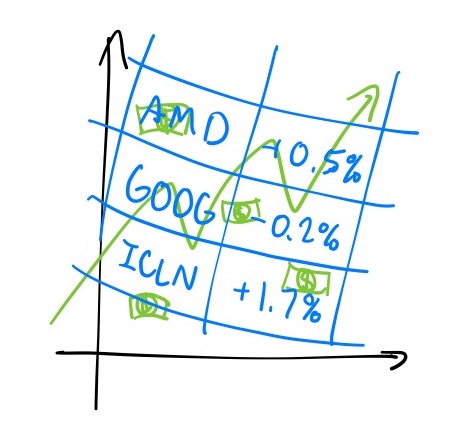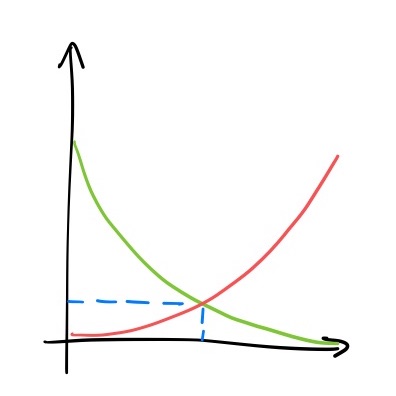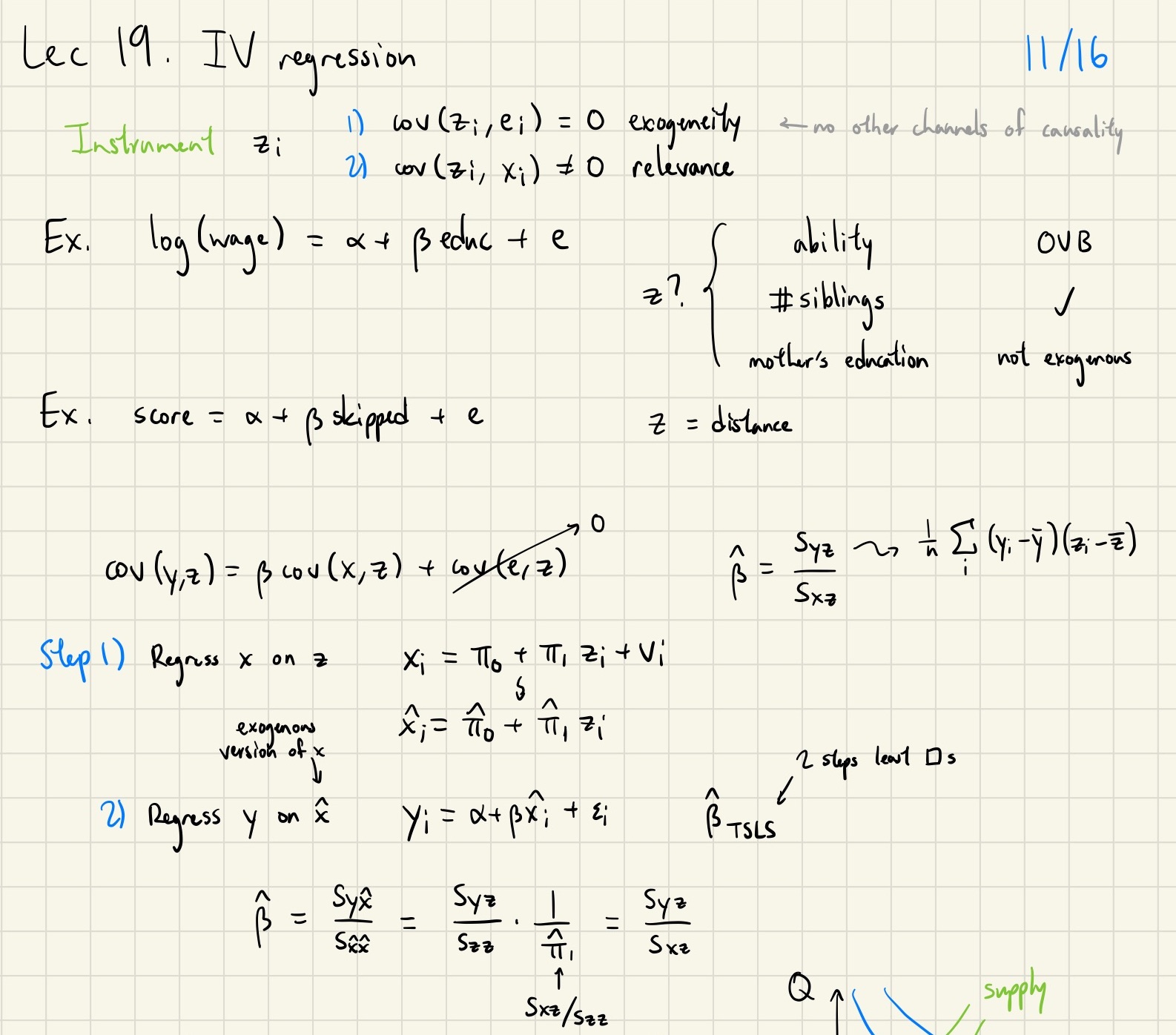Why I got into economics: society and psychology
In high school I thought economics was just about businesses and markets. I mean, economics is about businesses and markets, but it’s about a whole lot more. In particular, economics could be more broadly summarized as the study of human preferences, decision-making, and exchange. I’m pretty sure the economy only exists because humans have to exchange things to get what they need and want.

What I thought economics was about.

What I actually thought economics was about (above was a joke).
I originally took econometrics (14.32) on a bit of a whim, since I hadn’t heard of the subject before. This turned out to be a completely perspective-changing decision, because I found out that economics was not only theoretically interesting but also dealt with a lot of social issues that I really cared about, such as inequalities in earnings and education. Econometrics is the technique by which people rigorously and objectively evaluated these disparities, and then economic theory is a tool we can use to construct and test ways to fix these disparities.
More specifically, econometrics (and statistics in general) is significantly more rigorous than I thought it was. Well, of course it’s rigorous, but to an outside observer it can be difficult to see where that rigor comes from. I used to just assume that if we had confounding variables that prevented us from determining a causative pattern, we’d just have to collect better data, but the techniques that people use today are wide-ranging and quite powerful. The biggest technique is probably having a huge number of control variables (on the order of twenty), followed by fixed effects and IV regression (same link as before lol). So we actually have quite a lot of data on society with various degrees of uncertainty.

A little snippet of my notes on IV regression, just for fun.
There are things that I’ve read analyses on that I never thought would be possible to analyze. One potent example concerns the effect of colonialism (specifically, extractive colonialism) on long-term economic prosperity. It’s pretty clear just sociologically that there should be a significant effect, but econometric techniques allow us to quantify this effect and conclusively dispel counter-theories, such as the effect being produced by differing climates. Here is another paper on extractive colonialism, specifically studying the impact of factories on nearby villages hundreds of years into the future.
Diverging into behavioral economics, a surprising number of things can be explained with relatively simple economic models. Seemingly irrational behaviors regarding things such as insurance and gambling can be explained using the economic models of risk aversion and loss aversion. And by model I mean an actual adjusted utility function with some risk aversion factor or possibly something more complex. Procrastination in all its wacky forms can be explained with quasi-hyperbolic discounting, another adjusted utility function, and sophistication/naivete.
Anyway, I’m excited to learn more economics!
Further reading: